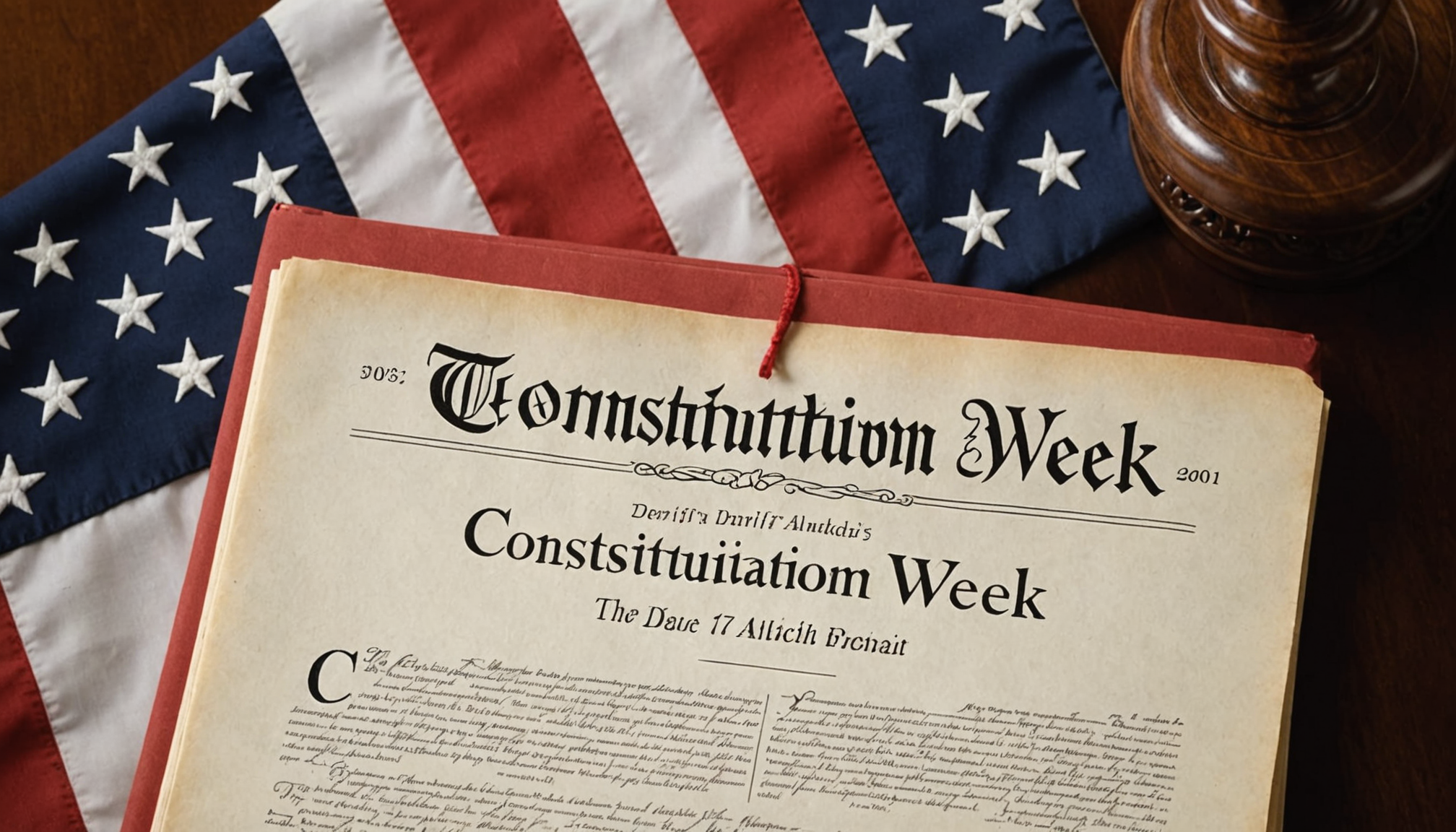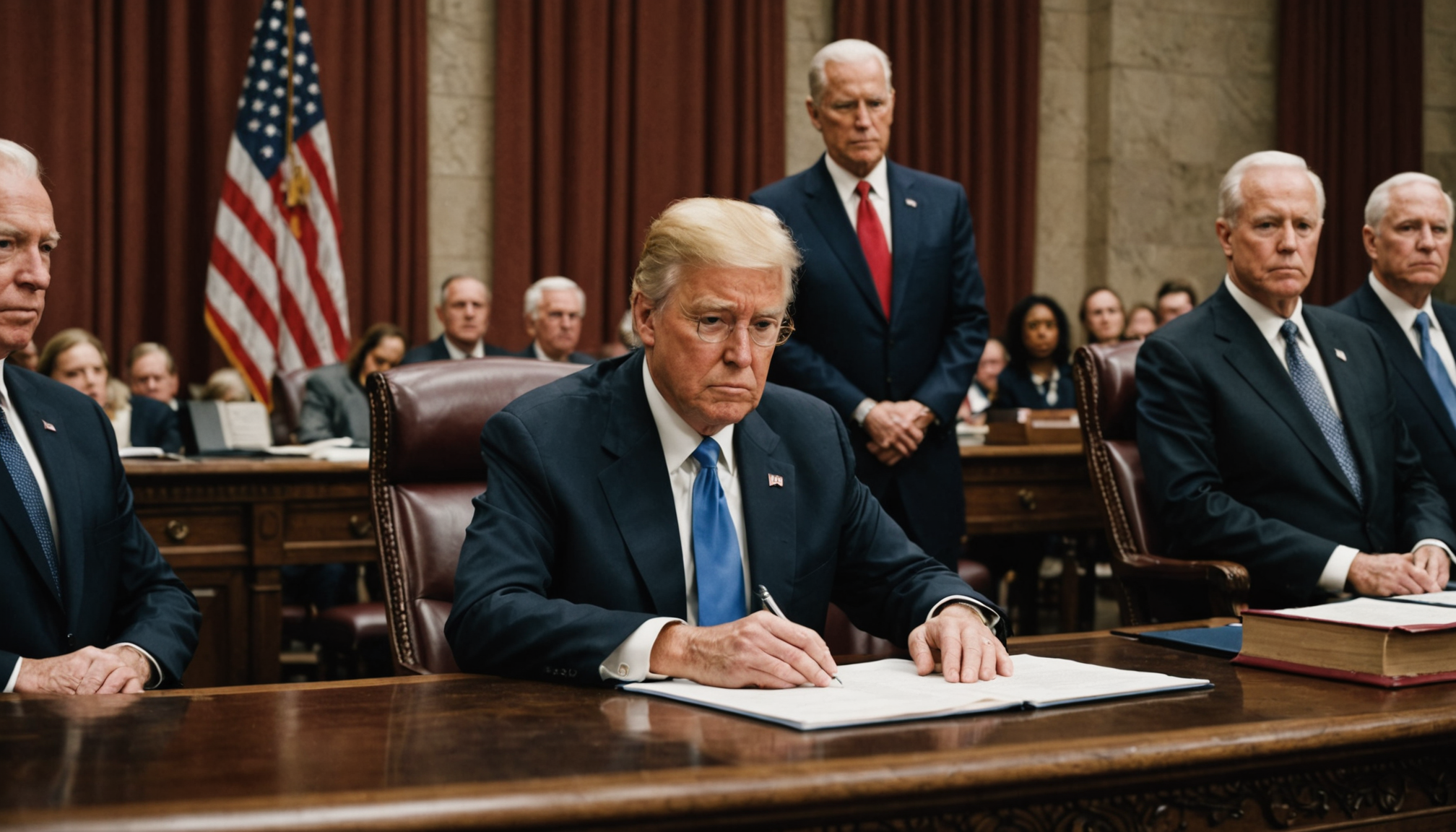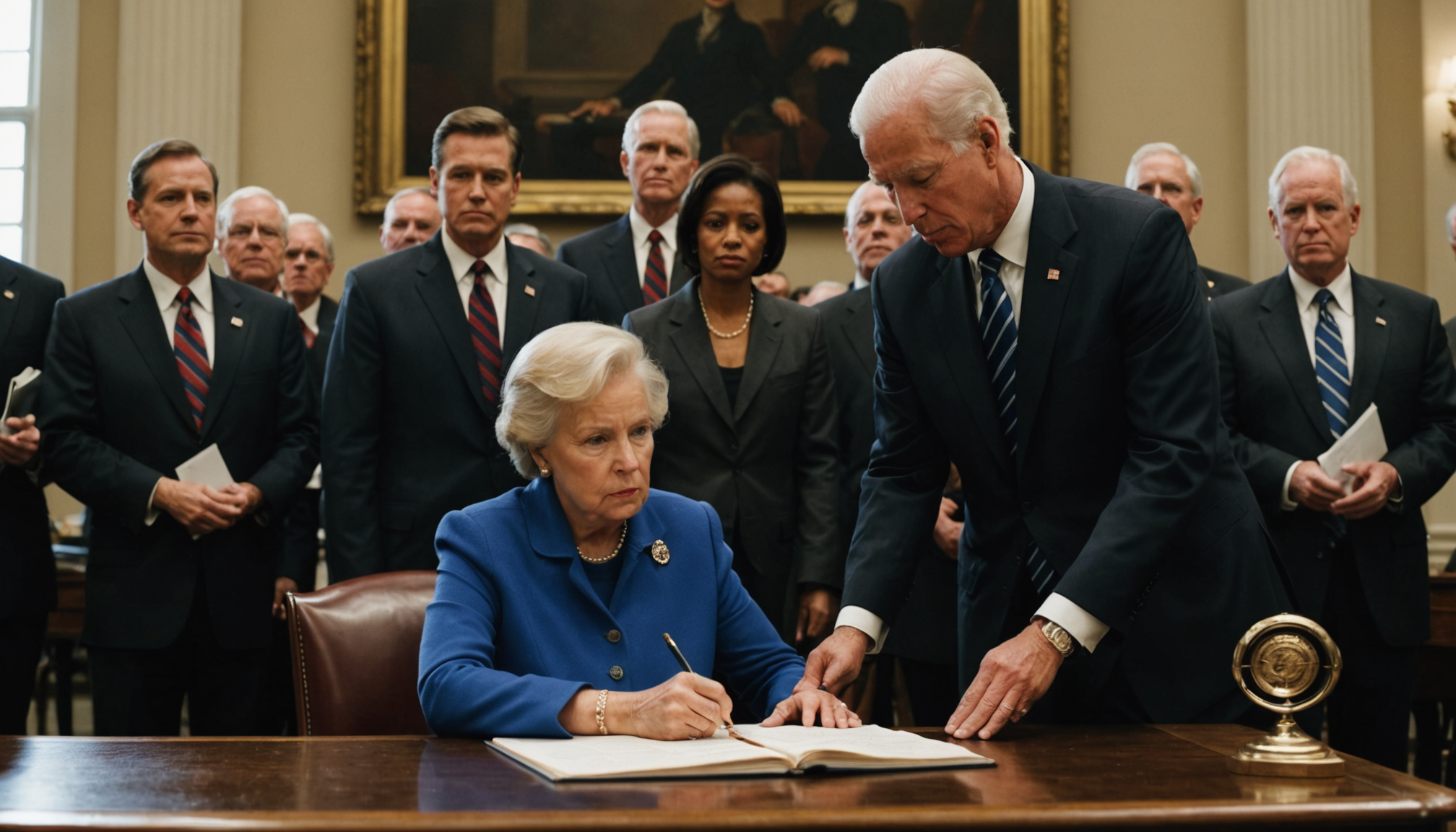
Constitution Week, observed annually from September 17-23, commemorates the signing of the U.S. Constitution and highlights the importance of civic education in American democracy. The week-long celebration aims to promote understanding of the Constitution’s principles and the rights it guarantees to all Americans, while encouraging citizens to reflect on their civic responsibilities and the document’s enduring relevance.

The tradition began in 1956 when the Daughters of the American Revolution (DAR) petitioned Congress to dedicate a week to commemorating the Constitution. President Dwight D. Eisenhower signed the resolution into law, and since then, schools, community organizations, and government institutions across the country have used this period to foster civic engagement and constitutional knowledge. [Source](https://www.durangoherald.com/articles/our-view-constitution-week/)
The Significance of Constitution Week
Constitution Week serves multiple purposes in American civic life. It reminds citizens of the document’s historical importance as the oldest written national constitution still in use today. The week also provides an opportunity for educational institutions to focus on constitutional principles, encouraging students and adults alike to understand their rights and responsibilities as citizens.
The U.S. Constitution was signed on September 17, 1787, by 39 delegates to the Constitutional Convention in Philadelphia. This document established America’s national government and fundamental laws while guaranteeing certain basic rights for citizens. Its endurance over more than 230 years stands as a testament to the framers’ vision and the document’s adaptability through amendments.
Educational Initiatives During Constitution Week
During Constitution Week, schools nationwide implement special curricula focusing on constitutional history and principles. These educational efforts range from elementary school activities to college-level symposia exploring constitutional law and interpretation.
- Schools often organize readings of the Constitution and related historical documents
- Community events feature speakers discussing constitutional topics and contemporary issues
- Libraries create special displays highlighting constitutional history and resources
- Government institutions host naturalization ceremonies for new citizens
- Civic organizations distribute educational materials on constitutional rights
These initiatives aim to address what many see as a concerning decline in civic knowledge among Americans. According to surveys by the Annenberg Public Policy Center, only about one-third of Americans can name all three branches of government, while many struggle to identify specific constitutional rights.
The Constitution in Contemporary Context
Constitution Week also provides an opportunity to examine how constitutional principles apply to modern challenges. Debates about free speech in the digital age, privacy rights, executive power, and equal protection under the law all stem from constitutional interpretations that continue to evolve.
“The Constitution’s greatest strength lies in its ability to adapt to changing times while maintaining its core principles of liberty, equality, and justice,” says Professor Amanda Johnson, constitutional scholar at Georgetown University. “Constitution Week reminds us that this document remains a living instrument that requires engaged citizens to fulfill its promise.”
Constitutional literacy becomes particularly important during election years, when voters are called upon to make informed decisions about candidates and policies that will shape the nation’s future. Understanding how government works and the constitutional constraints on power helps citizens evaluate political claims and hold elected officials accountable.
Background
The Constitution emerged from a period of national crisis under the ineffective Articles of Confederation. The Constitutional Convention, originally called to revise the Articles, ultimately produced an entirely new framework for government that balanced national power with state sovereignty and individual rights.
The document created a system of checks and balances among three branches of government: legislative, executive, and judicial. This design aimed to prevent the concentration of power that could threaten liberty, reflecting the framers’ concern about potential tyranny based on their experience with British rule.
Initially, the Constitution did not include a bill of rights, leading to heated debates during the ratification process. James Madison eventually drafted the first ten amendments, ratified in 1791, which explicitly protected fundamental freedoms such as speech, religion, assembly, and due process of law.

Over time, additional amendments have expanded constitutional protections and voting rights. The 13th Amendment abolished slavery, the 14th guaranteed equal protection under the law, the 19th granted women’s suffrage, and the 26th lowered the voting age to 18. These changes reflect the Constitution’s capacity to evolve while maintaining its core principles.
Challenges to Constitutional Knowledge
Despite the Constitution’s central importance in American governance, civic education has faced challenges in recent decades. Budget constraints in public education have often reduced emphasis on civics and government classes. Additionally, political polarization has sometimes complicated discussions about constitutional interpretation in educational settings.
A 2019 study by the Woodrow Wilson National Fellowship Foundation found that only 36% of Americans would pass a basic citizenship test. This knowledge gap raises concerns about citizens’ ability to participate effectively in democracy and understand political discourse grounded in constitutional principles.
Constitution Week advocates argue that improved civic education is essential for maintaining democratic institutions. They point to research showing correlations between constitutional knowledge and higher rates of voting, community involvement, and civic engagement.
What’s Next

As Constitution Week continues to be observed annually, educators and civic organizations are exploring innovative approaches to constitutional education. Digital platforms now offer interactive tools for learning about the Constitution, making the document more accessible to new generations of Americans.
Some states have strengthened civic education requirements in recent years, mandating courses on government and the Constitution as graduation requirements. Organizations like iCivics, founded by former Supreme Court Justice Sandra Day O’Connor, develop games and educational resources to make constitutional learning more engaging for students.
The National Constitution Center in Philadelphia has expanded its educational outreach, offering virtual tours and resources that reached over 15 million students during the pandemic. These efforts reflect a growing recognition that constitutional literacy requires ongoing investment and adaptation to contemporary learning environments.
As America faces complex challenges ranging from technological change to social divisions, Constitution Week offers a moment to reflect on shared democratic values. The week reminds citizens that the Constitution provides not only a framework for government but also a set of principles that can guide national conversations about rights, responsibilities, and the common good.
For communities across the country, Constitution Week serves as both a celebration of America’s constitutional heritage and a call to renewed civic engagement. By promoting understanding of this foundational document, the observance helps ensure that constitutional principles remain vital in American public life for generations to come.






